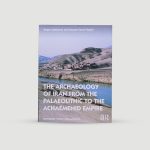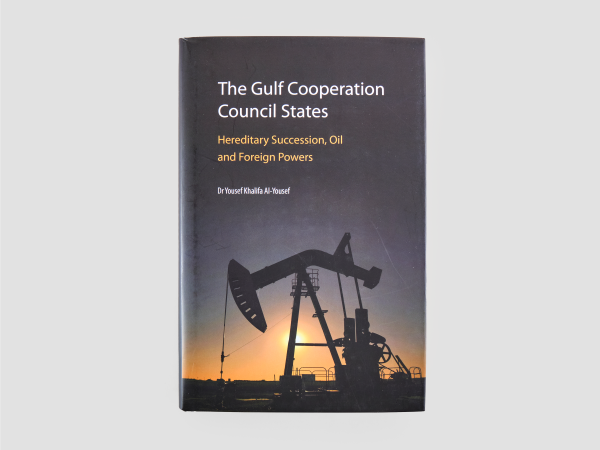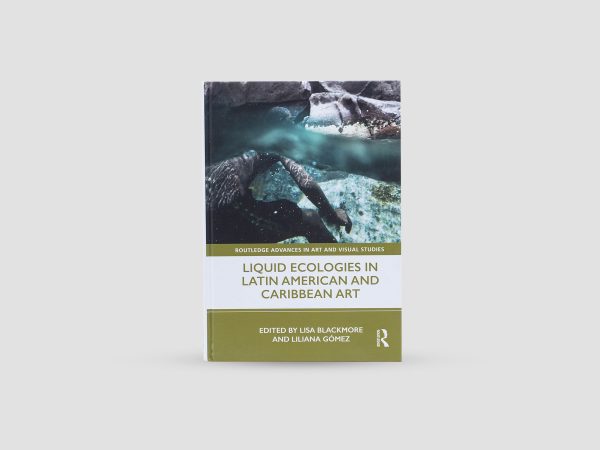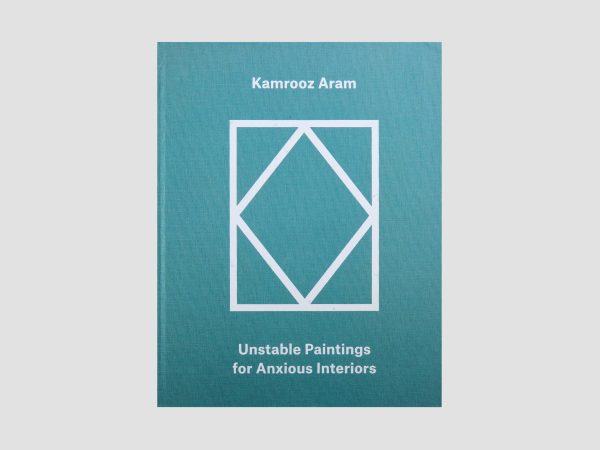Drawing on the authors’ deep experience and engagement in the world of Iranian archaeology, and in particular on Iran-based academic networks and collaborations, this book situates the archaeological evidence from Iran within a framework of issues and debates of relevance today. Such topics include human–environment interactions, climate change and societal fragility, the challenges of urban living, individual and social identity, gender roles and status, the development of technology and craft specialisation and the significance of early bureaucratic practices such as counting, writing and sealing within the context of evolving societal formations.
Richly adorned with more than 500 illustrations, many of them in colour, and accompanied by a bibliography with more than 3000 entries, this book will be appreciated as a major research resource for anyone concerned to learn more about the role of ancient Iran in shaping the modern world.
About the Authors
Roger Matthews is Professor of Near Eastern Archaeology at the University of Reading. He is President of RASHID International, and previously was Director of the British School of Archaeology in Iraq and of the British Institute of Archaeology at Ankara. He is an elected Fellow of the British Academy and a Corresponding Fellow of the German Archaeological Institute. He has directed major field projects in Iran, Iraq, Syria and Turkey for more than 35 years, and has published widely on the prehistory, archaeology and heritage of the Middle East. His current projects focus on early farming communities of Iran and Iraq, and on bureaucratic practices in early urban communities of the Middle East.
Hassan Fazeli Nashli is Professor of Archaeology at the University of Tehran. From 2005 to 2009 he was Director of the Iranian Centre for Archaeological Research. He is a Corresponding Fellow of the German Archaeological Institute. Since 1996 he has directed numerous international joint research projects and fieldwork with colleagues and universities from the USA, Germany, UK, Italy, Canada, Poland and China. He has conducted more than 25 years fieldwork in the central plateau and northern regions of Iran, with a focus on socio-economic transformations from the late Epipalaeolithic to the Iron Age. Since 2017 he has directed a multi-disciplinary project in Mazandaran province of northern Iran in order to investigate long-term human-environment interactions through the Early and Middle Holocene.
About the Publisher
Taylor & Francis is one of the world’s leading academic publishers – and one of its most enduring.
For more than two centuries Taylor & Francis has been committed to the highest quality scholarly publishing, and this remains our goal today. Our purpose is to foster human progress through knowledge – something we’ve been doing since the Enlightenment. We aim to promote a positive future for everyone through our work.






